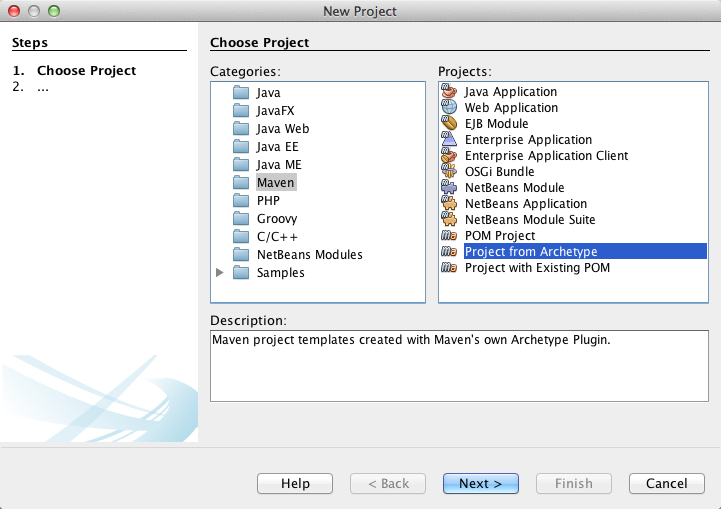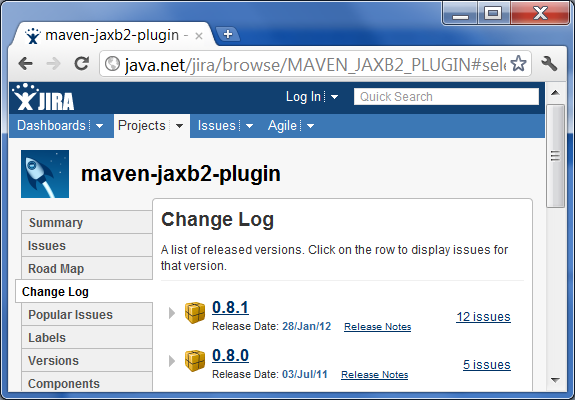

These are miscellaneous tools available through Maven by default. Generate a report based on the results of unit tests. Generate a Linkcheck report of your project's documentation. Generate a Description of a Project (DOAP) file from a POM. Generate a report from an issue tracker or a change document.

Generate a list of recent changes from your SCM. Plugins which generate reports, are configured as reports in the POM and run under the site generation lifecycle. Generate an EAR from the current project.īuild an EJB (and optional client) from the current project.īuild a JavaEE application client from the current project.īuild an Uber-JAR from the current project, including dependencies.īuild a source-JAR from the current project. These plugins relate to packaging respective artifact types. Useful for integration tests - verifies the existence of certain conditions. Run the JUnit unit tests in an isolated classloader.
#JREBEL MAVEN PLUGIN VERSION INSTALL#
Install the built artifact into the local repository.Ĭopy the resources to the output directory for including in the JAR. Run the JUnit integration tests in an isolated classloader. They may have multiple goals as well.ĭeploy the built artifact to the remote repository. Plugins corresponding to default core phases (ie. (Plugins are organized according to a directory structure that resembles the standard Java package naming convention) Plugin To see the most up-to-date list browse the Maven repository, specifically the org/apache/maven/plugins subfolder. You can read more about the localization of our plugins and how you can help. Because the result of a Reporting plugin is part of the generated site, Reporting plugins should be both internationalized and localized.


 0 kommentar(er)
0 kommentar(er)
